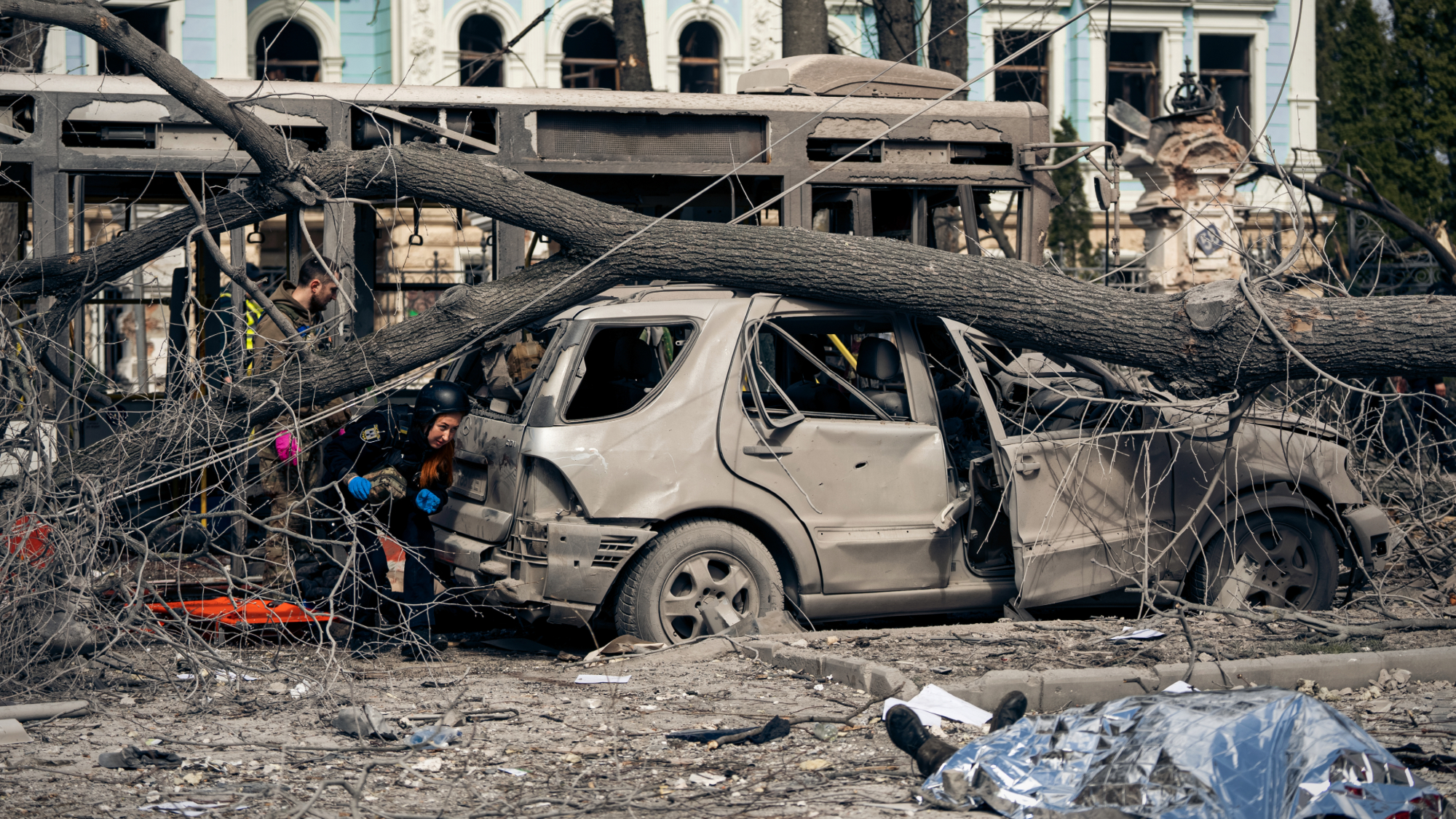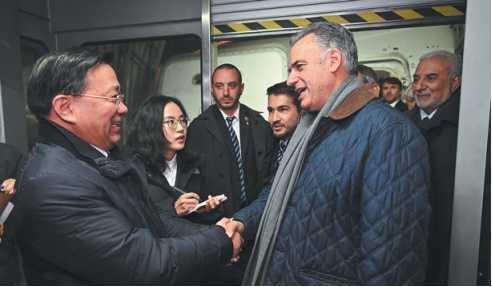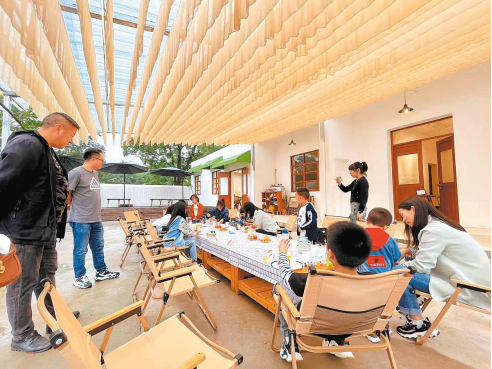Editor’s Note: As jurors deliberate a verdict for Boston marathon bombing suspect Dzhokhar Tsarnaev, Boston and its surrounding towns continue to feel the aftereffects of the bombing. Dr. Barbara Gortych of Watertown, which was the epicenter of a manhunt for Tsarnaev and his brother Tamerlan, talks about how her district has helped educators and students cope with trauma from the events, both after the bombing and during the trial.
I work in Watertown, Massachusetts, the 4.5-square-mile town that in April 2013 became the site of the massive manhunt for the Boston Marathon bomber. In one focal area of the town, police in full gear entered homes in the middle of the night, set up posts, searched, evacuated families and eventually had a gunfight. Police helicopters constantly swarmed over the town in the search for the suspect. All of our students and the 60 percent of our faculty who live in Watertown were affected.
At that time, there was no district Mental Health Department. After that week, there was. I am in charge of that group, which serves students K-12.
I recently asked my staff how students were dealing with the trial of the marathon bomber, and their replies highlighted how diverse the reactions have been. Students have discussed it in class, in therapeutic groups and in meetings with adult advisers. Reactions run from having nothing to say, to intense anger at the bomber, to discussions by Muslim students of the prejudice that the bombing generated.
One student’s comment struck me the most: “It reminds everyone that humans are flawed all over the world. It’s a reminder to watch out.” That same student also said it was best to “put it in the past and move on.”
There is an important contradiction in that student’s comment. We are no longer innocent and must be constantly alert, and at the same time, we need to let go of the trauma; a difficult task to manage.
Trauma is a slippery thing and not so easily pushed away, even in a resilient town like Watertown. We know from Dr. Jonathan Comer’s research (published in the journal Pediatrics) that Watertown students living in the area of most intense activity during the manhunt experienced more mental health symptoms than students who were actually at the bombing in Boston and saw terribly injured people. This event invaded our students’ homes and streets. With some bullet holes remaining in students’ houses, it is hard to forget. But because no civilians were killed, it can be difficult and can feel embarrassing for people to openly acknowledge traumatic aftereffects without feeling like they have made more of it than necessary.
In the year immediately following the event, we had an enormous uptick in students with intense feelings and acting out. Clearly, our student body was reacting, but without many words. It was a tumultuous year. As the first anniversary approached, some staff at the most-affected elementary school asked the Superintendent to request that the media not fly helicopters over the district that week; she did, and they didn’t.
This year, as the trial approached, we began to worry again about its effect on our students. Simultaneously, the Massachusetts Office for Victim Assistance approached us with offers of support and aid. They brought in experts on child reactions to trauma who had experience with the aftereffects of 9/11 and the Oklahoma City bombing.
As these folks spoke to our entire teaching staff about the effects of this trauma and the importance of self-care, you could have heard a pin drop. They reminded the staff that on an airplane you put your own oxygen mask on first and then support the child next to you; dealing with the aftereffects of trauma is no different, they said. They also offered funding for therapy for any student or staff member with the reactions Dr. Comer highlighted, and we have plans for additional support next year through a large grant.
In dealing with these events, our district has tried to make the most of resources in the town and the community. We have also had great help from outside the town to train our staff: the Israeli Trauma Coalition, Boston Children’s Hospital Center for Refugee Trauma and Resilience and the Massachusetts Office for Victim Assistance have all helped us. Additionally, we have created a network of mental health staff that, with the rest of the staff, works hard to watch and listen for signs of stress and reactivity in all of our students.
We’re in the midst of continuing to strengthen our reaction to this event because we know students can be affected for as long as five years afterward. It is a daunting but immensely satisfying endeavor.
But as I said before, trauma is a very slippery thing. Even after all this training, I still hate the sound of helicopters. And if I am still affected, I have to believe our students are too.
Dr. Barbara Gortych is the head of Assessment, Guidance, and Mental Health K-12 for Watertown Public Schools.
Popular News




Current News
Manufacturing

Collaboratively administrate empowered markets via plug-and-play networks. Dynamically procrastinate B2C users after installed base benefits. Dramatically visualize customer directed convergence without
Collaboratively administrate empowered markets via plug-and-play networks. Dynamically procrastinate B2C users after installed base benefits. Dramatically visualize customer directed convergence without revolutionary ROI.





About Us
Tech Photos
























